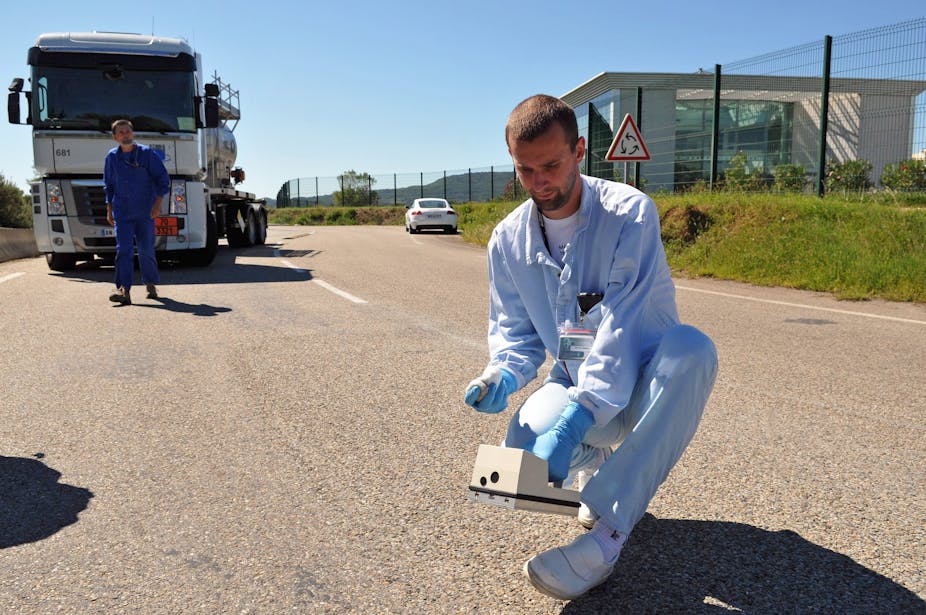An explosion at a nuclear waste facility in Southern France has killed one and badly burned another but is unlikely to cause a dangerous radioactive leak, experts said on Tuesday.
The blast occurred late Monday night AEST near a furnace used to melt waste at temperatures of up to 1600°C in the Centraco plant at the Marcoule nuclear research and development facility, run by the French atomic energy agency CEA.
Professor Andrew Sherry, Director of the Dalton Nuclear Institute at the University of Manchester, said Centraco processes very low, low and intermediate level waste that comes from industry and research activities but that the explosion was unlikely to lead to a dangerous radioactive leak.
“It is too early to be certain about the location of the explosion, or of the radioactivity that may be released. Should the explosion be associated with the Centraco plant, then it is likely that radiation levels will be low,” he said in comments released by the Australian Science Media Centre.
Professor Malcolm Sperrin, Director of Medical Physics and Clinical Engineering at the Royal Berkshire Hospital in Reading, said any explosion at a nuclear facility was a serious incident, especially in light of the problems at Japan’s Fukushima plant, but also downplayed the risks.
“It is unlikely that there will be significant (or any) releases of radiation into the wider environment but this will need to be confirmed in the next few hours or days,” he said.
“Initial reports suggest an explosion in a part of the plant where waste is stored and such waste can be anything that leaves the confines of the reactor down to extremely low activity materials such as gloves. It is also possible that the waste is not linked to the radioactive processes of the plant itself.”
High levels of radiation can cause vomiting, diarrhea and increased risk of cancer in humans.
Dame Sue Ion, nuclear engineer and Fellow of the Royal Academy of Engineering in Britain, also said the explosion was unlikely to cause a major radioactive leak.
“Whilst clearly a tragedy given the loss of life due to the explosion, it is not thought there will be major off site consequences or release of radioactivity,” she said.

